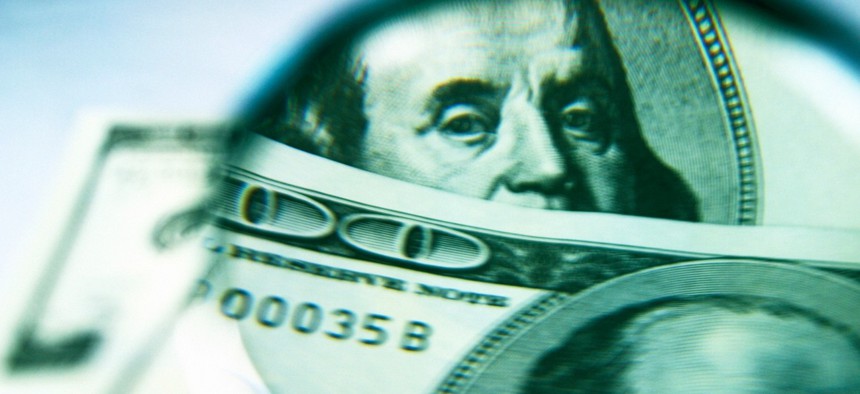Coronavirus Roundup: A Spotlight on Improper Payments in COVID Relief Programs
There’s a lot to keep track of. Here’s a list of this week’s news updates and stories you may have missed.
A select 18 federal agencies reported a total estimated $247 billion in improper payments in fiscal 2022, a watchdog said this week, and that included at least $35 billion in pandemic relief money.
Of the total, $29 billion was in the Pandemic Protection Program and $6.9 billion was in the Economic Injury Disaster Loan program, two of the Small Business Administration's COVID-19 relief programs. Improper payments, which includes unknown payments, under and over payments and technically improper payments, have been a major issue for the federal government for years and the pandemic has exacerbated it.
“While Congress and federal agencies have made efforts in recent years, more work remains to be done to improve payment integrity,” the Government Accountability Office said. For example, one of its previous suggestions to improve oversight of the COVID-19 response was for Congress to amend the 2019 Payment Integrity Information Act “to designate all new federal programs making more than $100 million in payments in any one fiscal year as “susceptible to significant improper payments” for their initial years of operation, which would “lead to more timely reporting of improper payment estimates because agencies will be required to expeditiously estimate their improper payments, identify root causes and develop corrective actions.”
GAO also flagged that the estimated $247 billion “does not include estimates for certain risk-susceptible programs, such as the Department of Labor’s Pandemic Unemployment Assistance program and the Department of Agriculture’s Supplemental Nutrition Assistance Program.” Here are some of the other recent headlines you might have missed.
The Internal Revenue Service criminal investigation division has investigated 975 tax and money laundering cases related to pandemic fraud with a total of $3.2 billion in alleged fraud, the IRS said recently. “Of those cases, 458 individuals have been indicted for their alleged COVID-related crimes, and 236 individuals have been sentenced to an average of 37 months in federal prison,” the agency continued. They have “nearly [a] 100% conviction rate in prosecuted cases.”
The Senate voted on Wednesday to end the COVID-19 national emergency that is already scheduled to end in May, along with the public health emergency. The White House was previously opposed to this measure, but now White House officials are saying the president would sign it if it comes to his desk.
“The bill that just passed would only lift the national emergency, which doesn't impact Title 42 or COVID authorities, like for testing and for treatments,” White House Press Secretary Karine Jean-Pierre said during the briefing on Thursday. The administration has been working for the last two months to wind down the emergency declarations “and the national emergency lifting just a few weeks before the public health one will not impact our efforts to do so in an orderly way,” she said.
The White House is using “fuzzy math” to talk about how much COVID-19 response money it has left, Stat News reported. Is there $21 billion or $5 billion left, “it depends who you ask.”
Bipartisan legislation that would establish a leasing program for underutilized space at federal facilities advanced to the full Senate this week. This could come in handy for agencies as they continue to figure out their post-pandemic work plans.
Help us understand the situation better. Are you a federal employee, contractor or military member with information, concerns, etc. about how your agency is handling the coronavirus? Email us at newstips@govexec.com.




